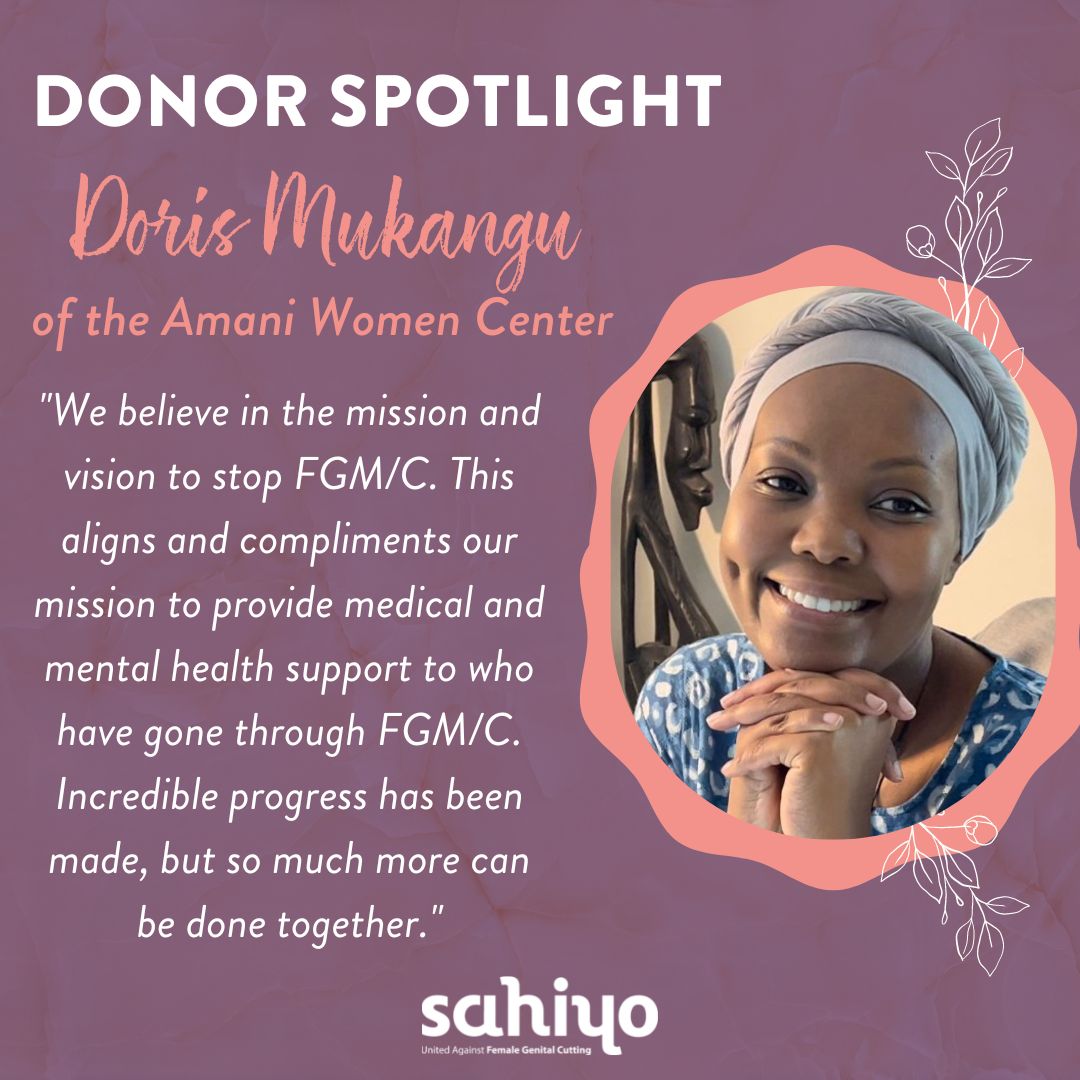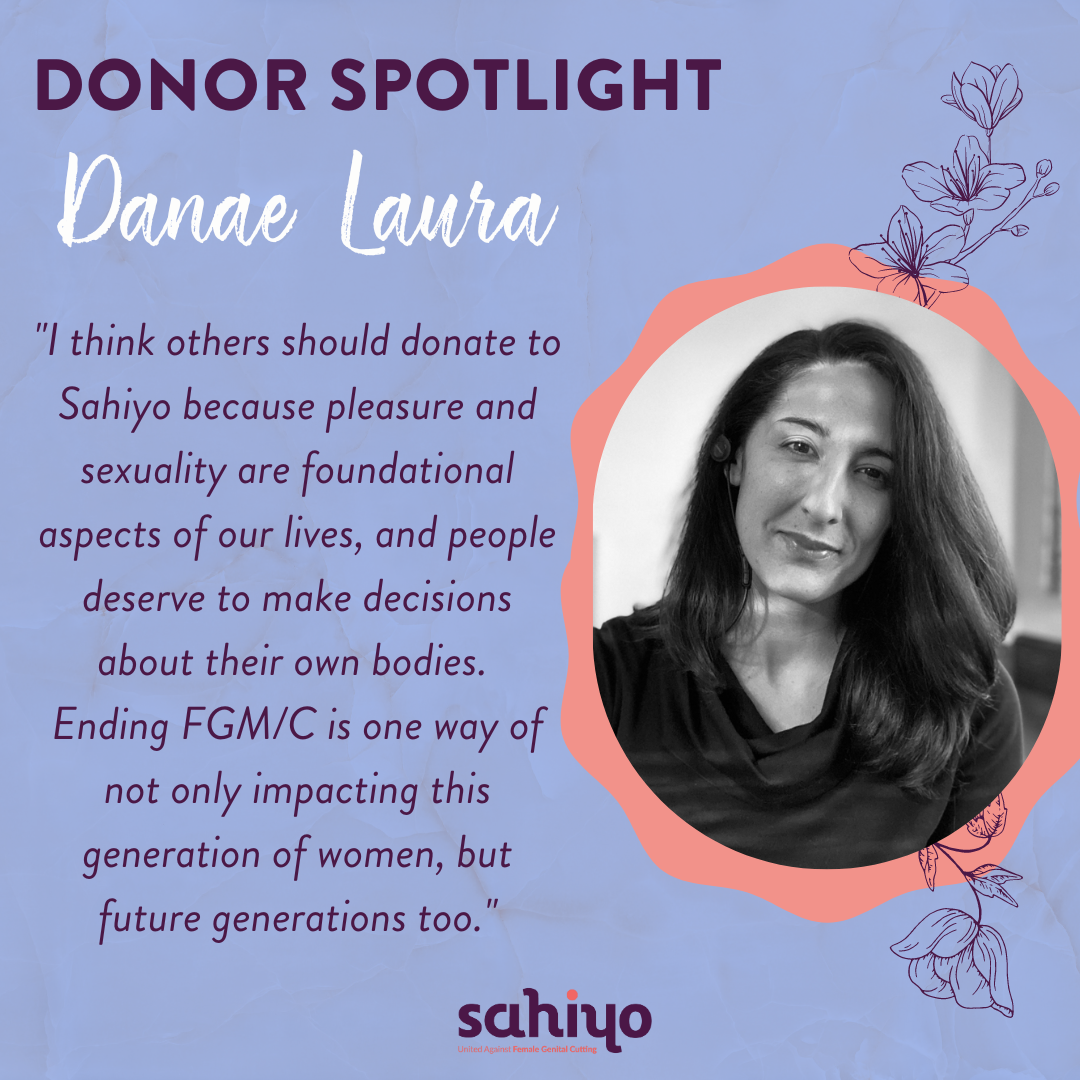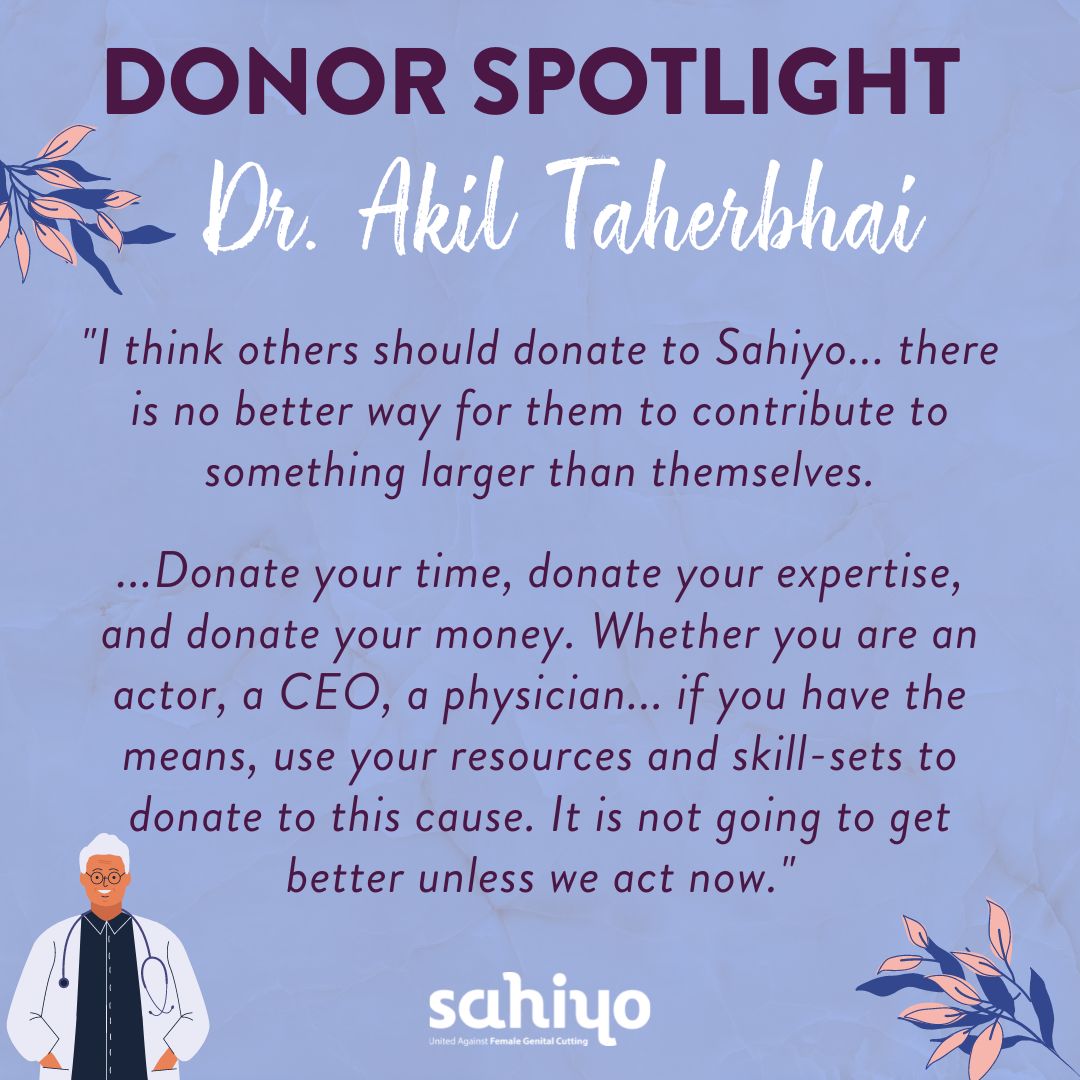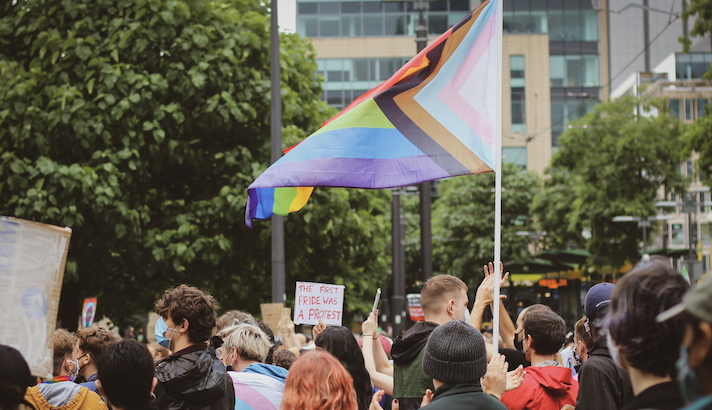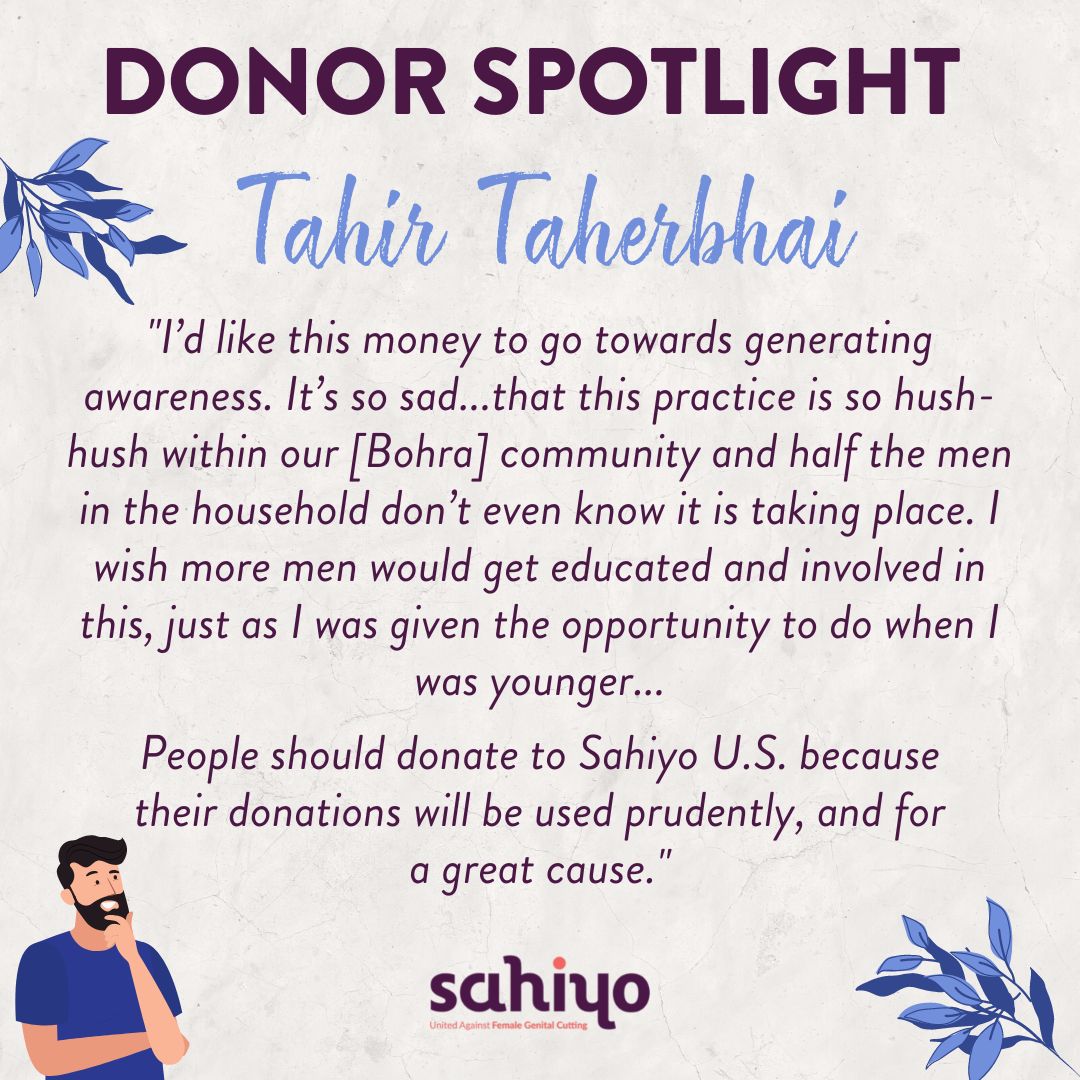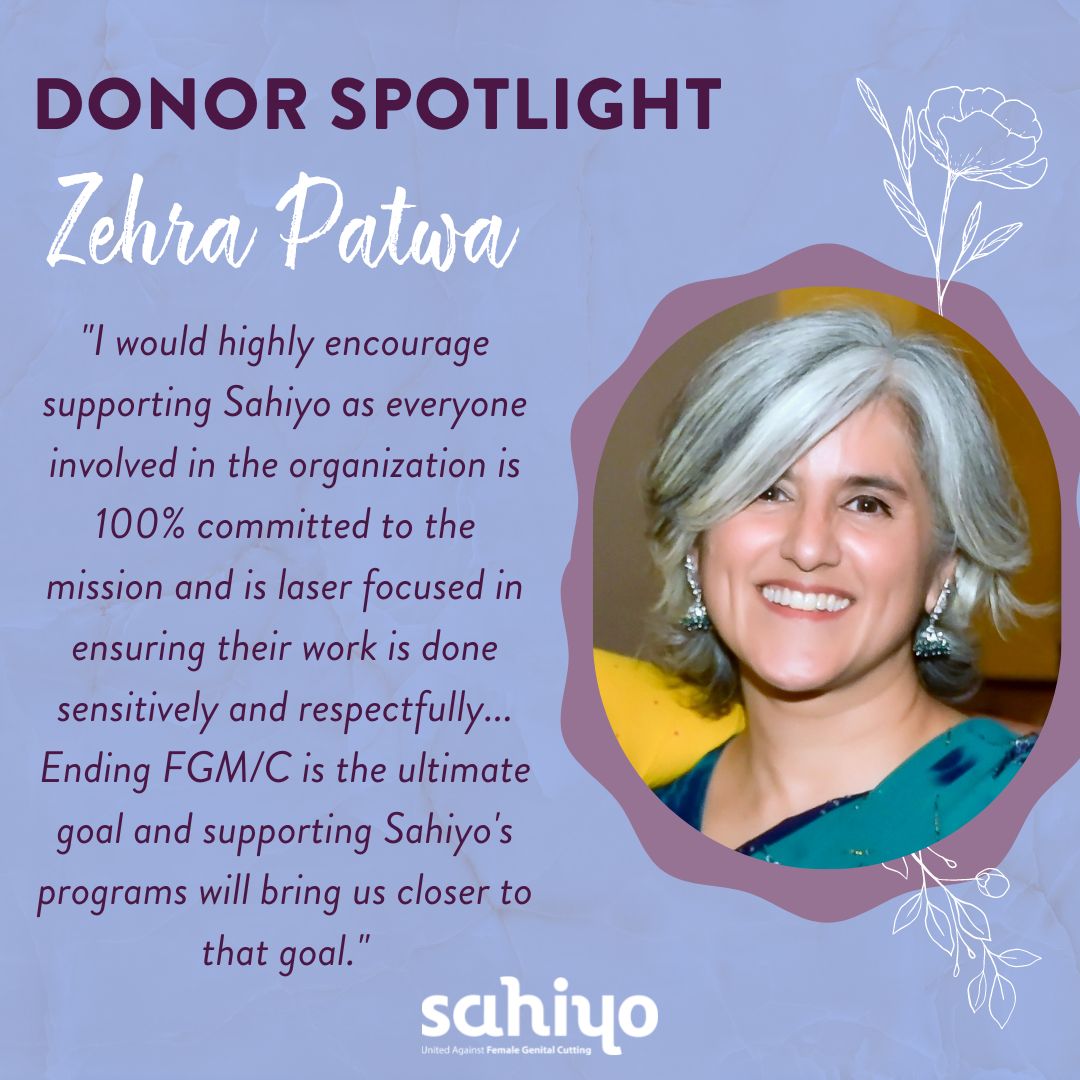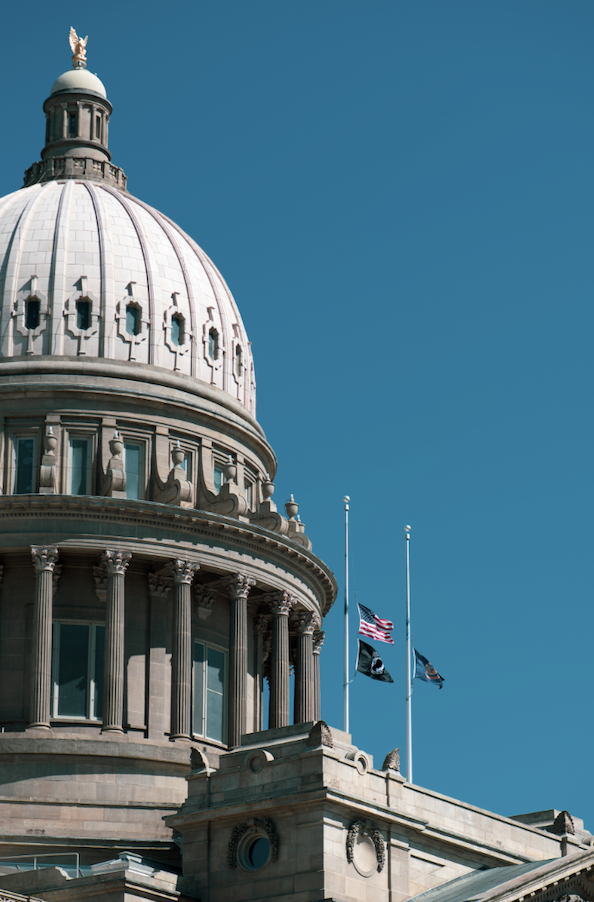Starting March 8th, International Women’s Day, Sahiyo U.S. will be hosting a virtual silent auction to raise funds and awareness for our programs and services to end female genital cutting (FGC). The auction will open on Wednesday, March 8th, 9am PST/ 12pm EST and close on Sunday, March 12th, 6pm PST/ 9pm EST. We have some amazing sponsors and auction items have been provided by our supporters., To uplift and thank them for their contribution, we’re highlighting who they are and why they support Sahiyo.
Can you tell us more about how Amani Women Center and your work within the FGM/C sphere came to be?
The Amani Women Center (AWC) provides culturally tailored programs and services that empower and contribute to the economic security, spiritual, mental, and physical well-being of refugee and immigrant women. AWC serves communities where FGM/C is prevalent.
What is your connection to the issue of FGM/C?
I was co-author on a research study that AWC conducted in partnership with National Opinion Research Center (NORC) at The University of Chicago and the CDC on African refugee women based in Clarkston, Georgia. "The Women’s Health Needs Study of US women from countries with high prevalence of Female Genital Mutilation/Cutting: design, methods, and participant characteristics" - still in process to be published. We found that over 50% of the women who participated in this study have undergone FGM/C. During the study, there was a cry for help from these women to support their medical and emotional needs.
What is your SOS initiative?
Amani’s Save Our Sisters (SOS) initiative seeks to secure medical care for refugee women in Clarkston, GA suffering from serious health problems caused by FGM/C. By purchasing our cloth button items (necklaces, bookmarks, hair clips and pins, magnets), proudly handcrafted by refugee women at the Amani Sewing Academy, you are helping refugee women access life-changing medical services, including restorative surgery. Each item is one of a kind and will therefore vary from the pictures. Please check them out here.
We established a team of compassionate women physicians and a capable counselor as part of our team; our Community Ambassadors serve as interpreters as well, and we educate and support. It is a slow process to which we are unfailingly committed. We are delighted to have had the first vaginal surgery which was very successful and freeing for the woman involved.
How did you first hear about Sahiyo and what did you donate?
I first heard about Sahiyo through Arefa Cassoobhoy. We donated five beautiful hand-crafted fabric button necklaces proudly made by refugee women.
Why did you choose to donate to Sahiyo’s silent auction?
AWC is donating to Sahiyo because we believe in the mission and vision to stop FGM/C. This aligns and compliments our mission to provide medical and mental health support to who have gone through FGM/C.
How would you like to see your donation help Sahiyo grow?
AWC believes in your call to action to end FGM/C. Incredible progress has been made, but so much more can be done together. AWC would like to see the donations support your efforts to raise funds to expand awareness for your mission.
How can organizations like Amani Women Center and Sahiyo collaborate to achieve our common goal of ending FGM/C?
We can do exactly what we are doing now, standing together to bring awareness to end FGM/C.

